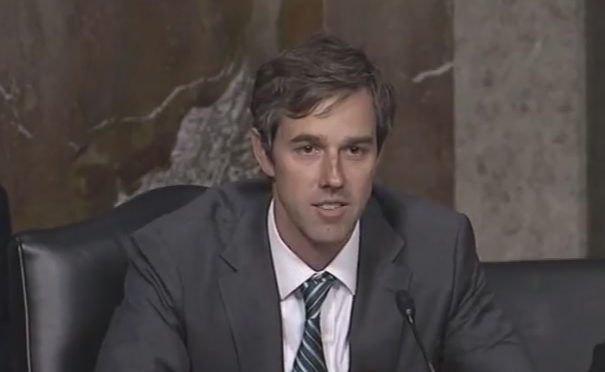Happy New Year! But…
Are you READY?
Recently, I had the esteemed pleasure of once again appearing on Houston Matters for a special edition of their Good, Bad and Ugly Hosted by Craig Cohen, fellow panelists Natalie Arceneaux, Joe Holley and myself took part in which we reflected on the many events of the year. It was a … Continue Reading ››






